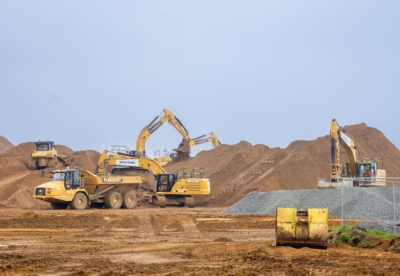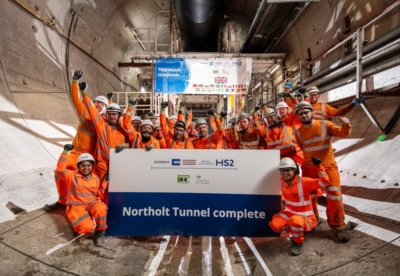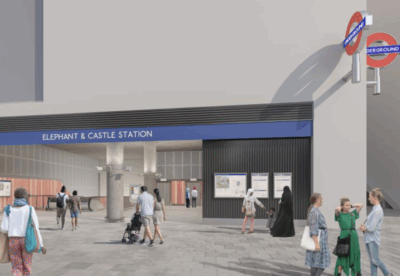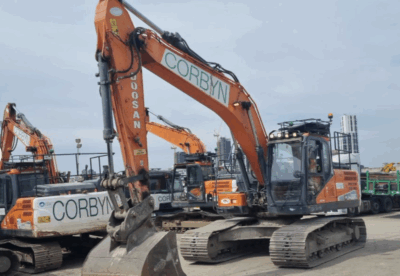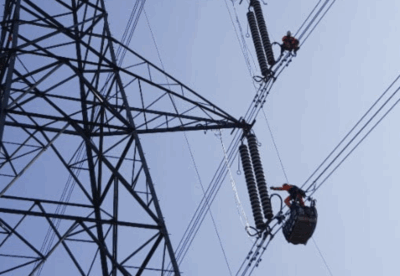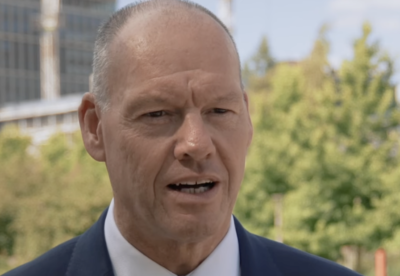The new Self-employed Income Support Scheme will be open to workers across the UK for at least three months and may be extended should the lockdown continue longer than expected.
Workers will be allowed to take the grant while still doing business.
Chancellor Rishi Sunak, who unveiled the package of support for self-employed workers facing financial difficulties, said the scheme was the “most generous in the world”.
He added that the scheme’s income threshold would cover 95% of the self-employed working in the country.
To target support to those most in need it would be open to people with trading profit up to £50,000 and is only available to those who made the majority of their income from self-employment.
To minimise fraud only those with a tax return for 2019 will be allowed to apply.
People will be able to access the scheme no later than the beginning of June and HMRC will contact those who are eligible. Until that time workers are being advised to apply for Universal Credit to tide them over for the next two months.
Example of how self-employed support scheme would work
Many self-employed people carry business expenses of around 25% of turnover, so if trades with a top-line income of £800/week spend £200 on expenses (travel, tools, insurances, accountancy etc) profit would be £600/week or £2,400/month. 80% of that would be £480/week or £1,920/month.
The plan has come after thousands of lay-offs among self-employed and freelance construction workers who total around 1 million of the construction workforce.
Sunak added that for those who didn’t have three years of returns, the Government would look at the last year only, but he warned that those who had no self-employed tax record would not receive support.
Ian Anfield, Managing Director of Hudson Contract welcomed the long-overdue support package.
He said: “We still call upon government to order contractors to return the CIS deductions taken from net paid subcontractors since 6 March as this will provide a stopgap for cash-strapped SMEs and the self-employed, helping them survive until June.
“The chancellor has said he cannot pay those without a 2019 tax return because he has no data – this is not the case for those in construction, their figures are reported monthly as they are paid so again we say construction is a special case and the policy should be reviewed for those in construction who have suffered CIS deductions and paid class 2 national insurance.”












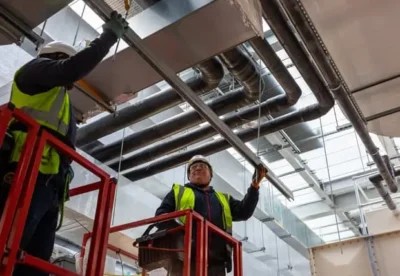


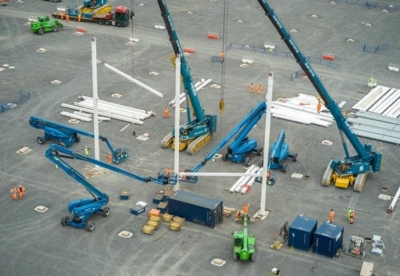


 (300 x 250 px) (2).png)

